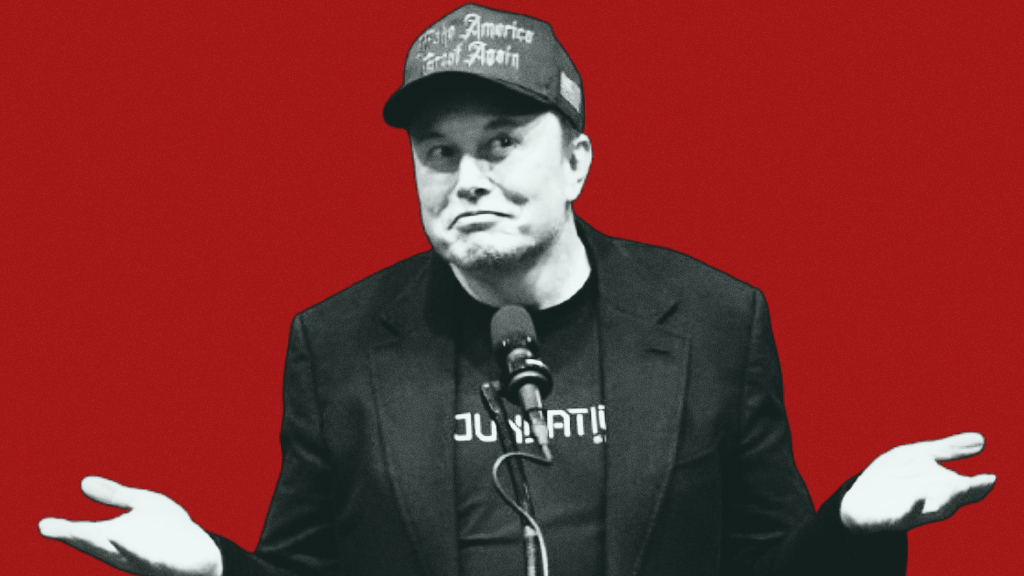In recent years, the geopolitical landscape has been notably influenced by the South African-born tech billionaire Elon Musk, particularly following his unexpected acquisition of Twitter, now rebranded as “X.” Musk has utilized his extensive platform audience to express his views on leadership, governance, and policy, advocating for principles of free markets and minimal regulation in business and technology. His position has evolved into that of a staunch advocate for free speech, standing against perceived government or judicial encroachments. Musk’s impactful involvement in Donald Trump’s campaign remains part of his political influence, and he often engages with foreign leaders regarding their policies on free speech and governance.
Musk’s interactions with political figures can take on amicable tones, fostering possible business relationships or political alliances. For example, his exchanges with leaders like Italian Prime Minister Giorgia Meloni and Argentine President Javier Milei reflect this collaborative spirit. Musk has been seen publicly supporting Milei’s pro-capitalism rhetoric and showing approval for Meloni’s leadership, which has caught considerable media attention. However, Musk is outspoken against leaders he believes are neglecting the needs of their citizens. His criticisms have led to tense exchanges, particularly with leaders like Australian Prime Minister Anthony Albanese, whom he accused of attempting to stifle free speech relating to censorship of specific events.
Furthermore, Musk has targeted Canadian Prime Minister Justin Trudeau in debates over governmental control and civil liberties. His comparison of Trudeau’s handling of the COVID-19 vaccine protests to Adolf Hitler underscores Musk’s aggressive stance against what he perceives as the state’s overreach. Musk labeled Trudeau as an “insufferable tool” amidst worsening backlash against the Prime Minister’s comments concerning U.S. politics, particularly regarding Kamala Harris. Musk’s final remarks capture a widespread sentiment among critics who view Trudeau’s policies as overly restrictive and detrimental to civil liberties.
In Germany, Musk has openly taken political sides as well, expressing support for the right-wing Alternative for Germany (AfD) party in the lead-up to February elections. His disapproval of mainstream political parties like the Christian Democratic Union (CDU) and its leader Friedrich Merz highlights his willingness to challenge conventional political wisdom in Europe. Musk’s forthright criticism of Chancellor Olaf Scholz and the government’s policies regarding energy management, immigration, and economic strategies reflects his broader discontent with globalist ideas. This bold stance carries significant implications for the political dynamics within Germany, as Musk aligns with a party seen as contrary to the prevailing liberal establishment.
Across the English Channel, Musk’s influence is also felt in the United Kingdom, where he has had public disagreements with Labour Party leader Keir Starmer. This conflict revolves around issues such as free speech and the governance of social media, with Musk condemning the current government’s stance on policing and media regulation. His support for the populist Reform UK party suggests that he aims to bolster opposition against the established political order, which he perceives as detrimental to fundamental freedoms and economic stability. As wealthy individuals increasingly leave the UK due to increased taxation and heavy regulations, Musk’s engagement with populist movements suggests a potential shift in political alliances.
As Musk continues to navigate the complex global political arena, the impact of his endorsements and criticisms remains uncertain. His activities, spanning continents and involving various political leaders, indicate a desire to reshape public discourse around economic and social policies, advocating for a return to individual freedoms and less bureaucratic interference. Overall, Musk’s influence may signal a new era of political engagement for tech entrepreneurs, as they leverage their platforms to champion or oppose political figures and ideologies worldwide. This ongoing evolution suggests significant implications for future political landscapes, pushing boundaries in governance, economics, and the fundamental freedoms that define the modern world.

